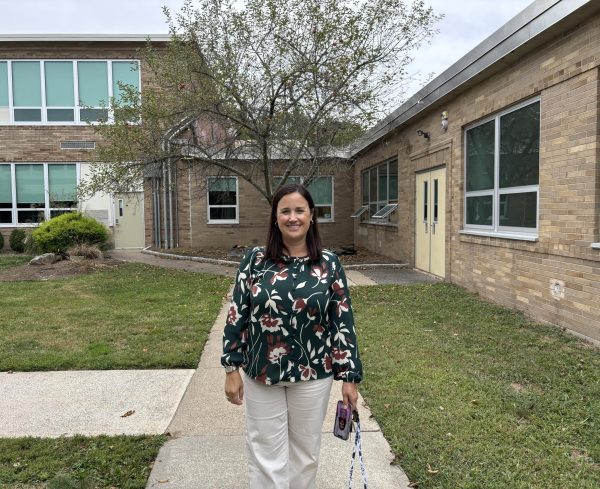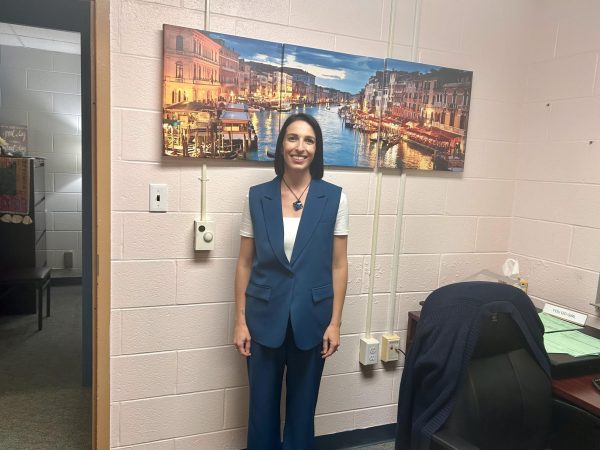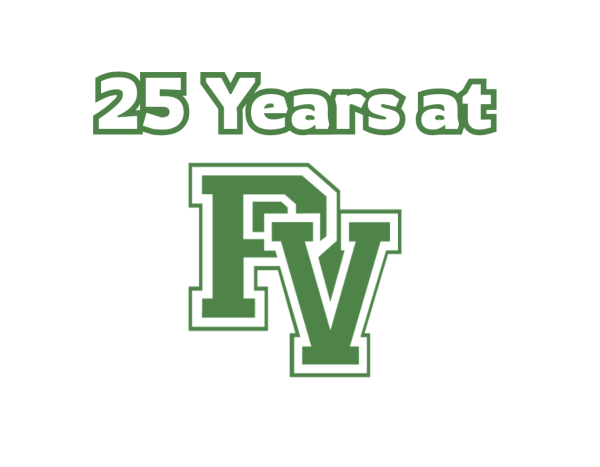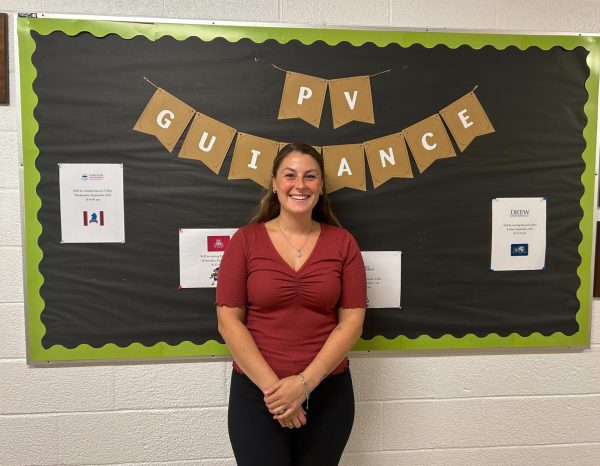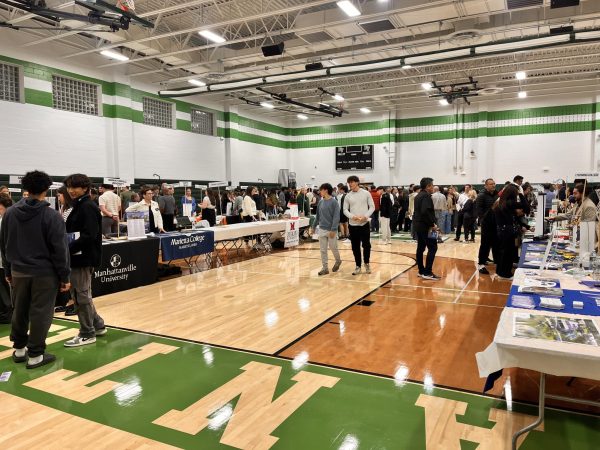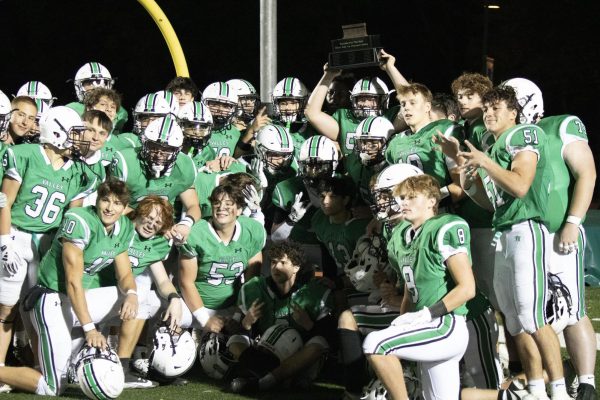Google Chrome extensions disabled on district-issued laptops
Only educational computer installations permitted as of Sept. 26
Due to the number of students who were bypassing their laptop’s content filter or exposing their personally identifiable information, the Google Chrome extensions on the district-issued MacBooks were disabled on Sept. 26 at 10:30 a.m. for the safety and security of the students. This change was outlined in an email that was sent out to the district by Paul Zeller. The only extensions allowed would have to be teacher approved for educational purposes only.
“We understand that students who have time on their hands will try and figure a way around this, but this a greater concern,” said Zeller, the Pascack Valley Regional High School District Director of Technology and Communication.
The technology department discovered during the summer that over half of the students in the district were making a direct violation of the Acceptable Use Policy that all students and parents sign-off on at the beginning of each school year by bypassing the restricted extensions.
Zeller said that students have been trying to bypass the system for years, but that this was the first time the department had realized “just how big the problem really was.”
“I understand why the technology department made these changes,” Executive Council President Anna Urrea said. “As long as teachers and students will have easy access to the extensions they have been using for educational purposes, it doesn’t seem like that much of an issue. The only unfortunate part of it is that there were some fun extensions that let you personalize your laptop in a way, even though it wasn’t necessarily educational.”
After meetings with administration, district supervisors, and working with teachers, the technology department determined the necessary extensions.
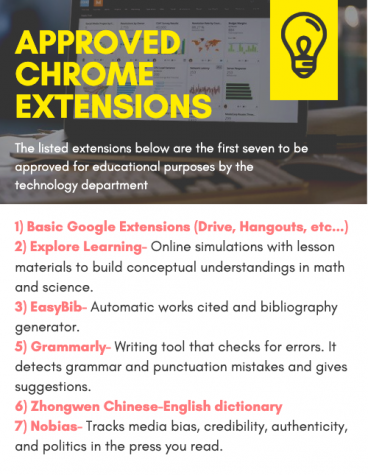
“In recent weeks, we have seen a spike in attempted logins from places not inside the district and not inside the New Jersey area,” Zeller said.
Zeller said that these outside logins show that people are trying to compromise usernames and passwords that they are getting through the VPN products.
“When you make that connection with [hackers], they pick off your usernames, your passwords, bank account information, social security number, and any information you’re putting in. They just have it.”
The technology department is currently analyzing the extensions that students had previously installed by reading the privacy policies, deciding if they deem merit, and then getting the approval of administration. If all requirements are filled by that specific extension, the technology department will allow students to download the extension.
“We are taking it seriously and we are trying to help the students out,” Zeller said.
Zeller said the technology department is most likely not going to reopen most of the blocked extensions, but it will be taking requests that students are making to their teachers. The network administrator already identified five extensions that they will start opening tomorrow.
“The lack of Chrome extensions does make life a little less convenient and fun for a lot of us, but after working with the technology department, I realize that they’re not doing it to make our lives any worse,” said senior Tanner Marshall, who helped set up and distribute laptops over the summer. “Their job is to make sure the laptops are used for educational purposes and that they are protected, and having access to Chrome extensions made both of those things nearly impossible.”
Zeller said that it took him and his team a few weeks over the summer to get the process of analyzing and eliminating extensions to the point where they knew it would work and be relatively solid. Administrators and teachers were notified of this change a few weeks ago before Zeller sent the email to all students. Teachers and administrators were in full support of this change due to the security concerns and the disruptions of the extensions, according to Zeller.
“We had hoped to get this before the first day of school, but we weren’t ready because we would get one thing working, but then it would break something else,” Zeller said. “As one of my guys always says, ‘It’s like playing whack-a-mole. We fix one problem and three more problems pop up.’”
Along with the extension blocker, an ad blocker called “UBlock Origin” was also added onto all computers Friday morning on Sept. 27. The privacy policy of UBlock Origin was approved by the technology department, so it went into effect in order to stop websites from collecting information about laptop users and selling it to organizations.
“With students who are struggling with this, they really need to understand what they are installing,” Zeller said. “I’m not saying everyone has to be a lawyer, but if you’re getting something for free and it’s really helping you out a lot, there is a good chance that there is an actual cost and that cost is your information.”



